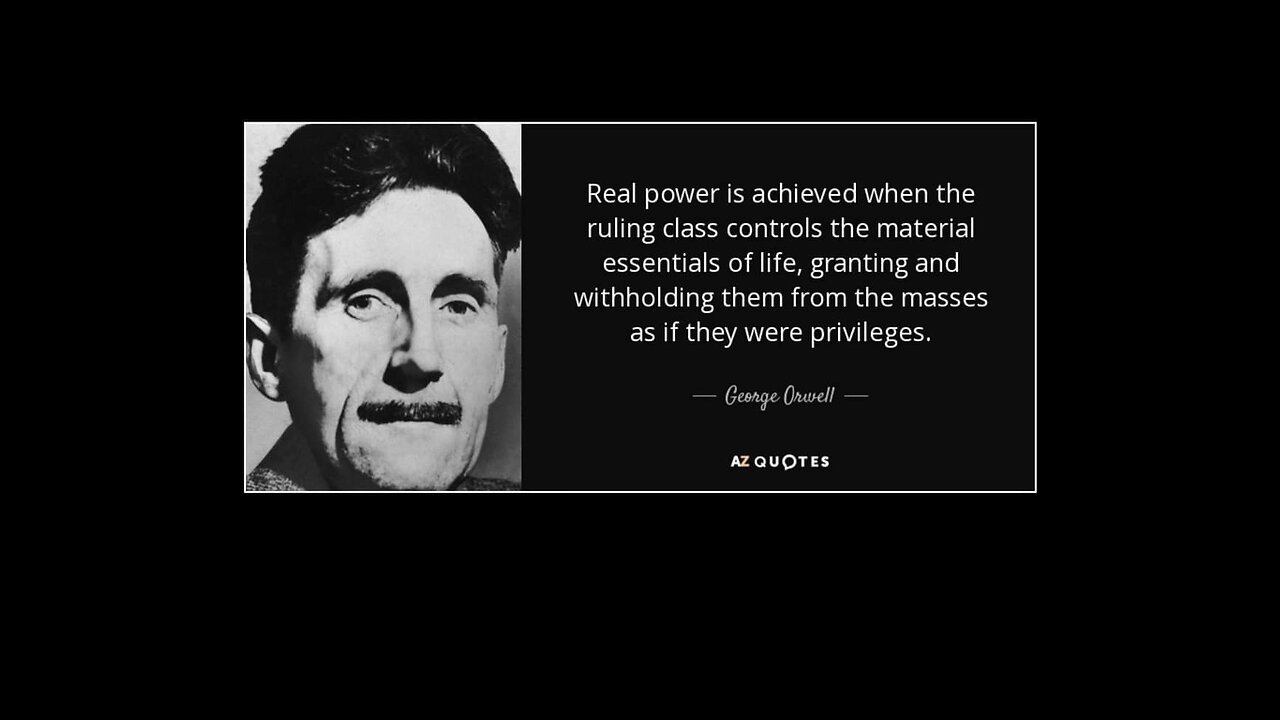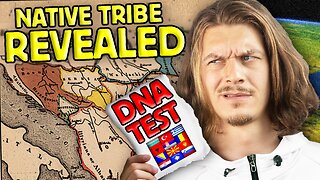Premium Only Content

TIME LINE AND TRUTH ARE THE MOST IMPORTANT PART OF UNDERSTANDING
The topic of the origins of biblical scripture raises complex theological questions. On one hand, traditional Judeo-Christian belief holds that the Torah and other foundational texts were divinely inspired, authored by God through human conduits. From this perspective, God transcends human limitations, existing outside of space and time, and the Word represents eternal divine Truth. However, textual analysis reveals human authorship, as the books contain culturally-specific details and linguistic styles indicative of mortal writers. This suggests scripture emerged gradually through an evolutionary process, compiled and edited over centuries with input from many authors. While some view this as undermining scripture's sanctity, others see divine inspiration working through fallible human hands. Some focus on the symbolic meaning and enduring spiritual resonance of the texts, rather than literal facticity. The debate continues as to whether biblical texts stem from direct revelation or cultural mythmaking; either way, their influence is hard to overstate. The rich interplay between divine and human in scripture parallels broader questions about the relationship between God and humankind. Their origins remain steeped in mystery, but the texts provide foundational narratives that have shaped civilizations for millennia.
The origins of the Hebrew Bible, known to Christians as the Old Testament, have been debated by theologians and scholars for centuries. On one hand, traditional religious belief holds that the first five books, known as the Torah or Pentateuch, were divinely revealed to Moses by God. However, secular scholars approach the text as a product of human civilization that evolved over time.
The Bible exhibits influences from ancient Near Eastern cultures and contains stories, laws, and language resonating with civilizations predating Israelite society. This suggests the human, evolutionary nature of the text. Yet for the faithful, divine revelation and human interpretation are intertwined. An omniscient God, they say, foresaw how humanity would develop moral consciousness over generations. God then revealed sacred scriptures according to the people's readiness.
Definitive answers about the Bible's origins may forever elude us. But possibilities span from direct dictation by the divine to entirely human authorship where stories passed orally were eventually written down. Perhaps the truth lies somewhere in between: ancient laws and stories were formulated by early Hebrew societies, then later ascribed to Moses and deemed sacred through an act of inspired spiritual recognition. The depth of meaning and enduring power of the Bible stems from the interplay between its eternal divine wisdom and the particular circumstances of its human authors.
#itsnotrocketscience
https://linktr.ee/tjsweetwaterwasright
https://archive.org/details/etlb_natsoc_united
https://www.facebook.com/share/v/LLpeWyPYmHXjNq1S/?mibextid=xfxF2i
-
 53:25
53:25
TJ SWEETWATER'S TRUTH CHANNEL
12 days agoDo you believe anything you see or hear ???
781 -
 2:12
2:12
Memology 101
11 hours ago $0.15 earnedTYT's Cenk Uygur DESTROYS deluded self-proclaimed election Nostradamus over FAILED prediction "keys"
1.01K6 -
 2:11
2:11
BIG NEM
12 hours agoMeet the NATIVE Tribe Of The Balkans Nobody Talks About
8241 -
 2:40:31
2:40:31
Fresh and Fit
10 hours agoAre You Smarter Than A 5th Grader? After Hours
161K65 -
 4:07:42
4:07:42
Alex Zedra
16 hours agoLIVE! Scary Games with the Girls
154K6 -
 22:35
22:35
DeVory Darkins
13 hours ago $27.26 earned"Don't Call Me Stupid!" Election Guru HUMILIATED by Left Wing Host
66.3K69 -
 1:41:14
1:41:14
Megyn Kelly
14 hours agoMace's Quest to Protect Women's Spaces, and RFK vs. Media and Swamp, w/ Casey Means and Vinay Prasad
75.3K114 -
 5:08:25
5:08:25
Drew Hernandez
12 hours agoLAKEN RILEY'S KILLER CONVICTED & GIVEN LIFE IN PRISON
60K76 -
 59:31
59:31
Man in America
16 hours agoEven WW3 Can't Stop What's Coming—the Cabal is COLLAPSING w/ Todd Callender
119K78 -
 3:51:28
3:51:28
I_Came_With_Fire_Podcast
16 hours agoSPECIAL LIVE FIRE w/ Bearded Viking Mead Co
89.4K9